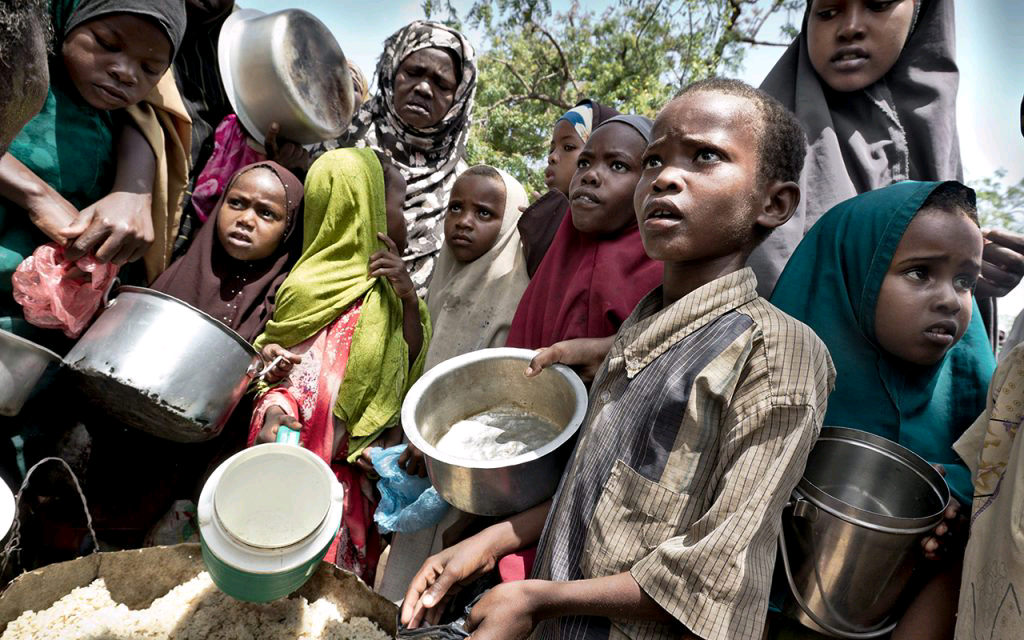The African Union acknowledges that the 2025 and 2030 goals to eliminate hunger and malnutrition are unlikely to be met due to economic and health burdens.
Africa will not meet its ambitious goal of ending hunger and malnutrition by 2025 or 2030, according to a recent report by the African Union (AU).
The Comprehensive Africa Agriculture Development Programme (CAADP) Strategy and Action Plan for 2026-2035 lays out the sobering reality that, despite efforts, hunger and food insecurity continue to plague the continent, with no clear path to achieving the 2025 or 2030 targets.
The CAADP initiative, a key part of the AU’s strategy to eradicate poverty and hunger through agriculture-led economic growth, found that 20.4% of Africa’s population still experiences hunger, and a staggering 58% face food insecurity. With rising food costs, nearly one billion people—924.5 million—cannot afford healthy diets, exacerbating the cycle of malnutrition and poor health.
ATTENTION: Click “HERE” to join our WhatsApp group and receive News updates directly on your WhatsApp!
The CAADP’s strategy stresses the pressing need for governments to allocate more funding to agriculture, but only a few nations are on track to meet the commitment made in the 2003 Maputo Declaration to allocate at least 10% of national budgets to agriculture.
The report also highlights the growing prevalence of obesity and related health issues as additional burdens on Africa’s already strained healthcare systems.
Despite some progress, the lack of diversified nutrient-dense crops and limited consumer food choices remain significant obstacles. Foodborne illnesses, which affect over 130,000 people annually, further strain healthcare systems and result in lost productivity.
“Without intensified efforts, Africa will not meet its objective of ending hunger and malnutrition by 2025 or 2030,” the report states, emphasizing the need for increased investments in agriculture and agri-food systems.
READ ALSO: Jumia to Exit South Africa, Tunisia as Part of Strategic Refocus
The CAADP’s 2026-2035 plan calls for a transformation of agri-food systems through sustainable agricultural production, value addition, and improved trade practices. It also urges more attention to land access for women, youth, and marginalized groups.
For Africa to meet its goals, the AU advocates a multifaceted approach involving both public and private sector investments, improved policy frameworks, and the development of inclusive, resilient agri-food systems.
The private sector’s role in the agriculture value chain, from production to distribution, is critical, and the public sector must create an enabling environment for food security, the report stresses.
“The redesigned financial architecture must offer special opportunities to support entrepreneurship within agri-food systems, especially for women and youth,” the CAADP document asserts.
.png)
 10 months ago
86
10 months ago
86









 English (US)
English (US)